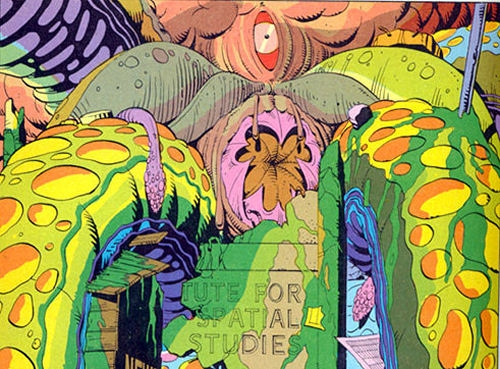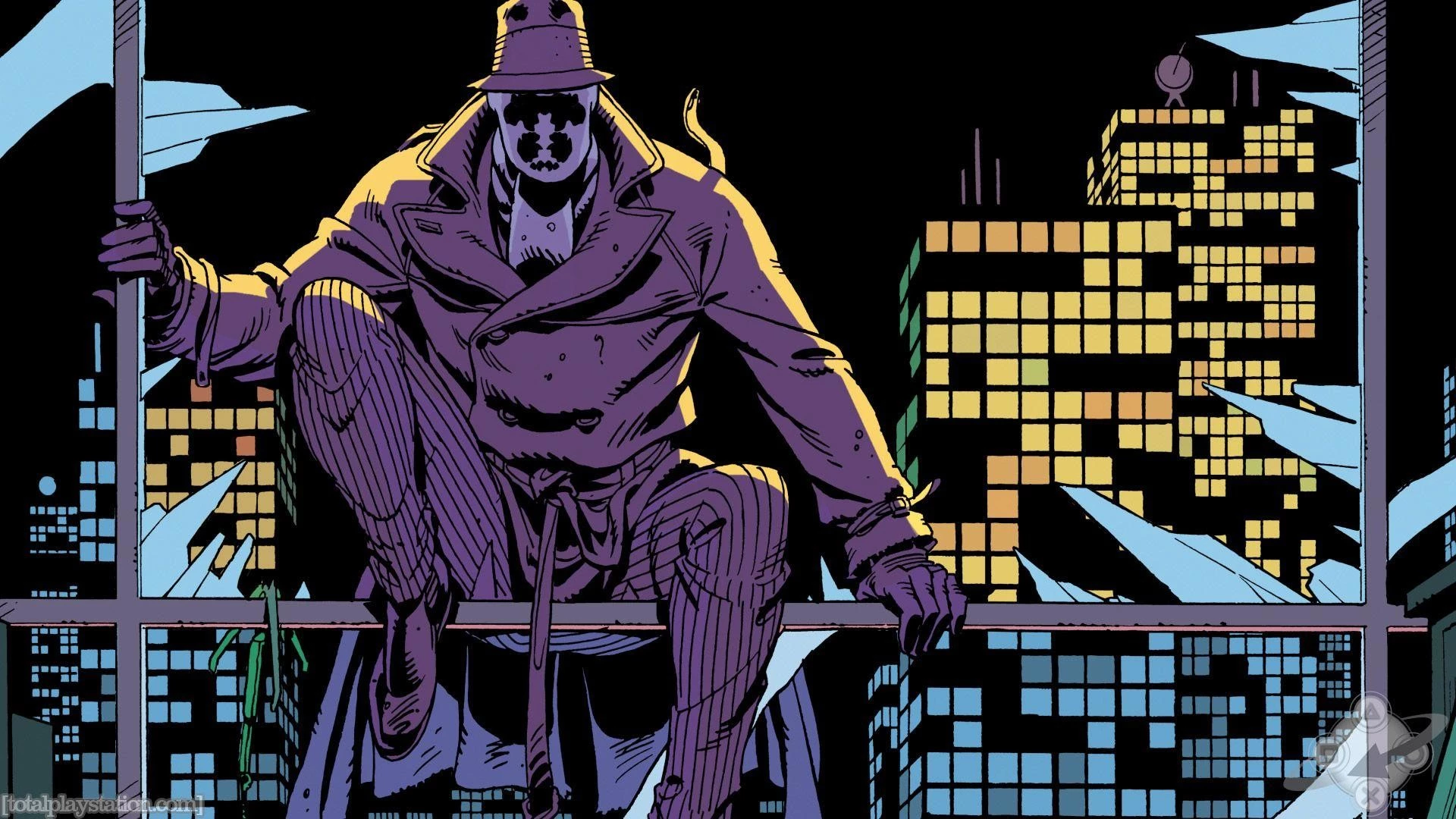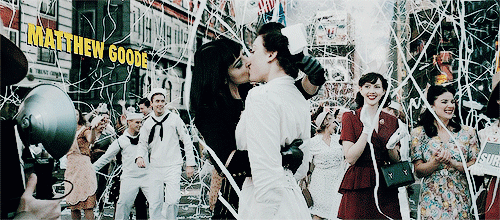Rereading "Watchmen" 26 Years Later
Alan Moore, Dave Gibbons, John Higgins
- 7 minutes read - 1315 wordsAuthor: Alan Moore, Dave Gibbons, John Higgins
Rating: ★★★★★
Note: This take is entirely based on the original comic, with some light reference to the theatrical film in preparation to watch the HBO series. I am writing ignorance of the latter.
A lot of the best parts of college come come fast and furious in those early months after you move in: local food dives, parties, outdoor hangouts, new friends, new habits, new hobbies, strange professors, strange friends, new books, new music, and new ideas.
Around October Fall 1995, Watchmen came my way. After having been a fan of Vertigo’s The Sandman series in high school, I knew that there were serious comics about adult (not per se sexual, although…) ideas out there, but I was unaware of just how serious Watchmen was.
Throughout the years, many of Watchmen’s ideas came true:
- venal narcissism in the Oval Office (beyond a Nixonian level)
- massive information culling, prioritizing, interpreting, and stock market-gaming intelligences
- morally rigid puritans exerting their will through murder of those who would lead them astray
- wűnderkind billionaires giving natural selection a helping hand by setting the species’ targets among the stars
Additionally, Watchmen itself went through some strange intellectual property waters:
- re-issues
- an original-intent-obscuring movie release that didn’t quite hit the mark
- a direct-sequel series on HBO that was widely-acclaimed and has proven to be a forum wherein the formidable talent of Regina King was finally recognized
With the desire to watch and grab some of the background context of HBO’s “Watchmen,” I decided to give the paperback a re-read and see how it’s held up. Spoilers can be assumed for anyone reading onward.
The Unite For Peace Theme

The transdimensional being of the apocalypse
Apparently Reagan quipped, to some amount of distress of the Russian government, to Gorbachev, that if the Earth were attacked by aliens, the Russians and the Americans would have to lay down their aggression against each other and united the world against the extraterrestrial force.
Moore apparently heard about this informal truce and thought it would be remarkable to make it the “evil plan” of a “diabolical genius.” The plan would be to make it seem as if aliens had invaded (with “acceptable” casualties) so as to scare humans into being vulnerable, afraid, hominids again so that they could stop fighting each other and put legacy, tribal, outmoded chauvinisms into history for good.
Reading that in 1995 seemed a bit trite, but also believable.
Reading that now, I think:
- Who could define the scale of acceptable losses?
- Who could knowingly shoulder the deaths of hundreds of thousands in order to save millions (even Dr. Doom blanched at this)
- Veidt is mistaken: even with abounding evidence, humans are not prone to unite. Masks in a pandemic required no transcendence of religious or nationalist identity and we couldn’t get people to do it out of respect for their fellow citizen. That a trans-dimensional cosmic-horror event could do so seems unlikely. Global warming, etc. We are terrible at coordinating global, massive action and this thread now seems more far-fetched than the idea of knowing how to engineer a trans-dimensional wormhole
The Rorschach Test

Our hero? Depends who’s looking
The comic has us rooting for (although he’s certainly not a hero) the figure called Rorschach. We’re lead to feel pathos for him (abandoned and bullied) and we certainly don’t want him to die a horrific death in prison. We admire him because he delivers us a biff-pow-wham vigilante justice against a pedophile who fed his victim to his dogs.
But when Rorschach intersects Veidt and the plan is revealed and the peaceful tomorrow of Veidt is put under threat by Rorschach going public with his knowledge that it was all a sham, he has to be stopped. It falls to Dr. Manhattan to perform the execution.
So while he’s the story’s protagonist his actions would make him humankind’s antagonist against Veidt’s messianic plan. Are we willing to trade the prospect of a golden era of human piece for love of rules and moral absolutes? For Rorschach there is no question.
In 1995, I read this as a Machiavellian commentary: those who would rule must be willing to be monsters.I thought it was a commentary on power politics, a sort of Nietzschean truth that was still true, but whose pronouncement as true had fallen out of fashion in kinder, gentler Clintonian times.
In 2021, I read this with horror: Oklahoma City, 9/11, Columbine, the Georgia spa murders…the list goes on of the morally inflexible killing to satisfy their intolerant views.
But then in 2021, I realize the genius of making the character that requires one to triage their views on power, morality, and absolutism “Rorschach” was genius.
The Sexuality Undertone(s): Female Desire, Homosexuality, and Closeted Life

By the time of the film version, society had advanced such that Snyder could riff on a famous photograph. The clapping woman in the background does a superb bit of acting portraying the milieu_described below.
Lastly, all the subtle cues of homosexuality with in the Minutemen “super-squad” and, more importantly, the homophobia and general intolerance within the society were completely lost on me in my earlier read. I suppose I didn’t have enough pathos for the characters in a graphic novel to be able infer personality and mentality as fully as Moore was expecting. While today I think much of the tacit dialogue could be made explicit, with the series' development around 1986-1987 near the peak of the AIDS epidemic, these themes would have been harder to pitch for publication. That the authors and artists were facing these themes are signs of their forward-thinking and society’s advance.
- One of the letters at the end of the chapters suggests that Hooded Justice is, at one point, blackmailed or is bearing scrutiny too close that might reveal his homosexuality
- Captain Metropolis was the object of Hooded Justice’s affection
- As a convenient cover, Sally Jupiter (the original Silk Spectre) allowed herself to be perceived as Hooded Justice’s girlfriend: this was done out of a sense of friendship for him and as a cover for her own single, unattached, heterosexual orientation
- As an example of why her own heterosexual identity was not safe, in a write-up of her latest heroic deed, she’s described as a “former burlesque dancer” in an all-too-familiar slut-shame that (gasp of surprise) offers a little erotic tittle to the bearers of the hyper-conservative Puritan mores of the book
- Hooded Justice’s intervention during The Comedian’s attempted sexual assault on Sally Jupiter is not based on romance (“my woman”), but ethic (“assault is a crime”); given the above, his concerns for Sally were human i.e. decency-driven not ownership-driven e.g. “Me Ugg. My woman. Bonk.”
- The Minutemen, out of PR concerns, expelled Ursula Zandt, the Silhouette, for being openly lesbian — even the gay men — which says something about moral panics and the perceived incompatibility with being heroic and being other with regard to sexuality. That the Silhouette dies, expelled, “disgraced, murdered by a minor adversary” as Rorschach describes it, said a lot about the time Watchmen was written and the zealotry of Rorschach
As a slight addendum on identity in Watchmen: Hooded Justice’s costume (noose, execution sack mask with holes) suggests to me a lynching victim. His hidden identity might have been complicated even further by his race and the public’s biases during the fictional hyper-conservative America under Nixon’s long rule. It might explain why there seem to be no non-white costumed adventurers? Or perhaps costumed adventuring was a privilege? In the 1930’s (when the Minutemen were active), perhaps surviving-while-Black was sufficiently demanding.
Conclusion
In any case, with some of the major events and themes brought back to working memory, I’ll begin a watch of the HBO series. I also think that it’s time to let go of that graphic novel. I don’t have the space in a Manhattan apartment for something I only open every score-and-six years.